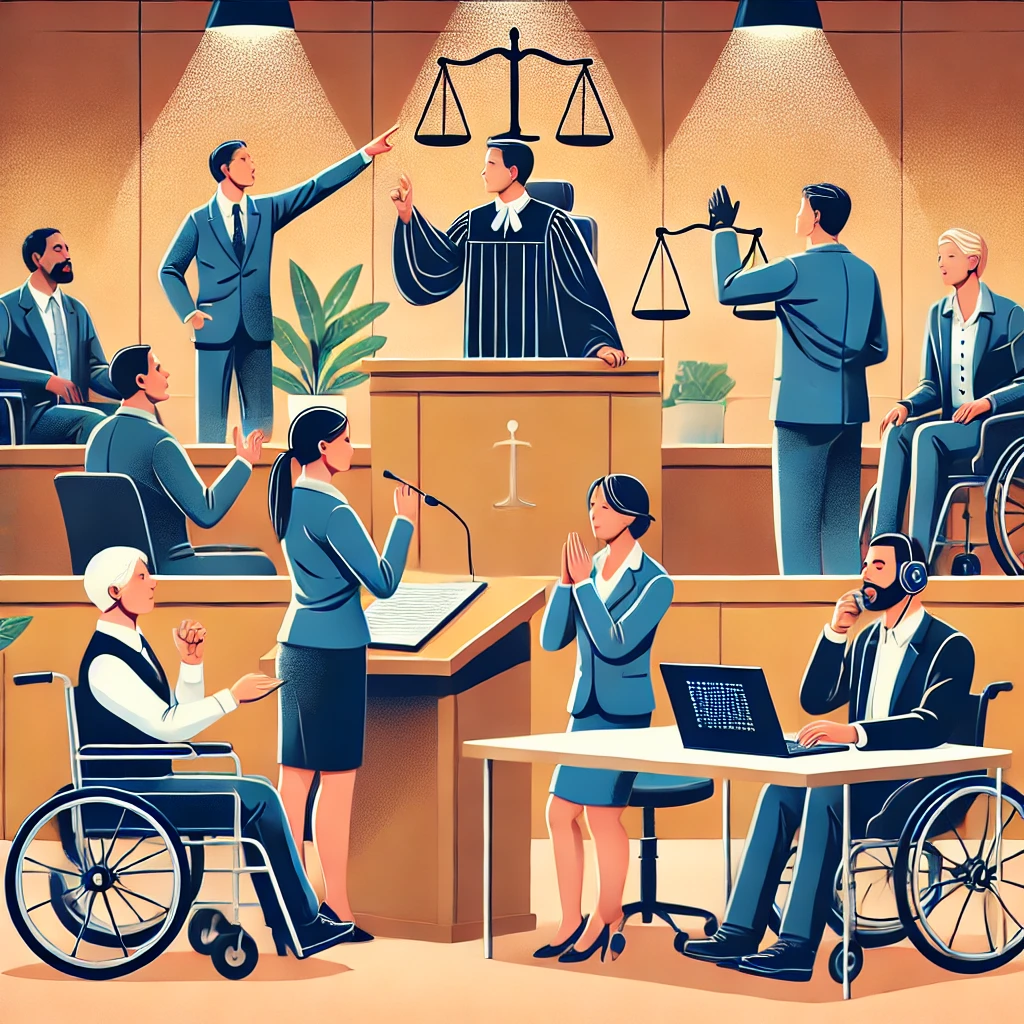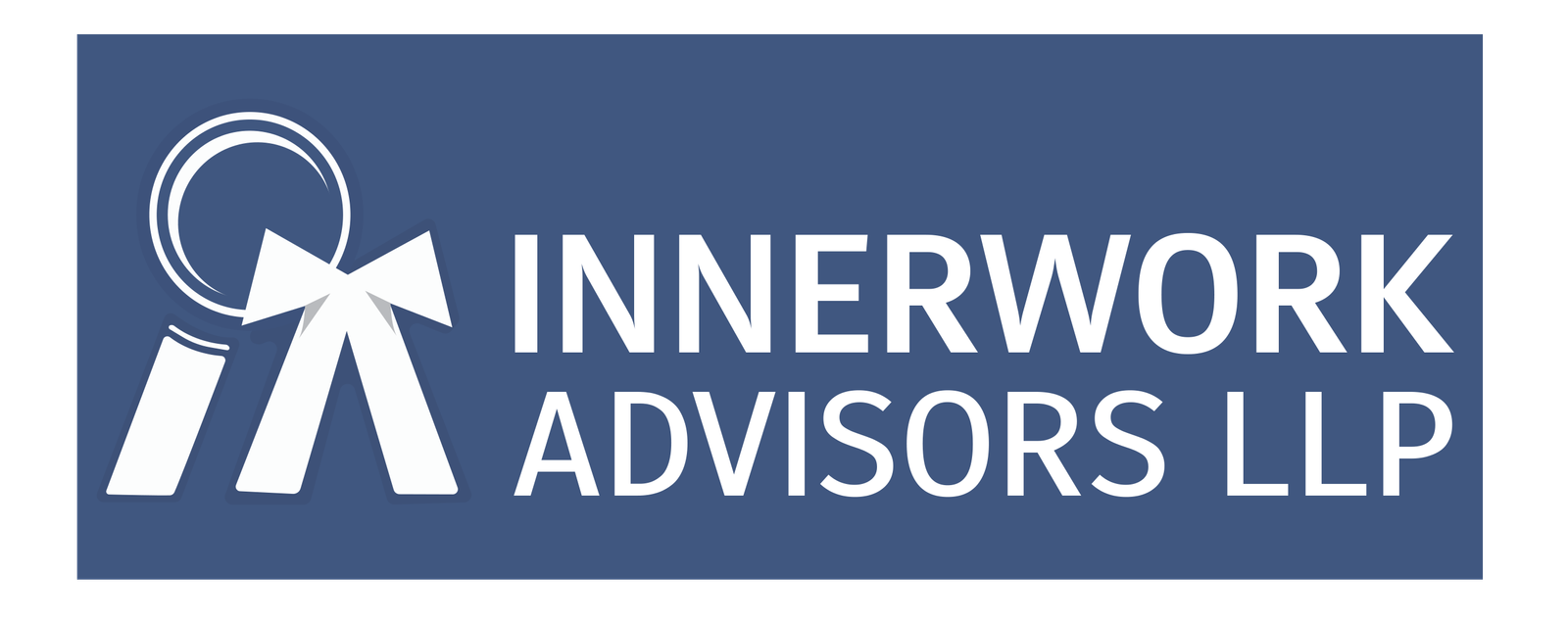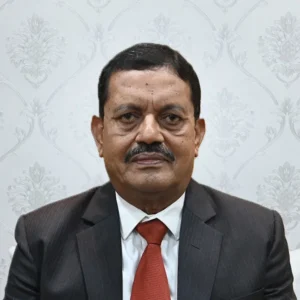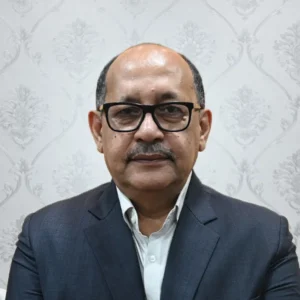
Supreme Court Grants Relief to Disabled Candidates for AIBE; Express Surprise at NLU Consortium Having No Policy for CLAT
In recent years, the Supreme Court of India has rendered significant decisions demonstrating its dedication to ensuring diversity in legal education and exams. These rulings highlight the inadequacies in the Common Law Admission Test (CLAT) policies concerning impaired applicants and provide much-needed relief to disabled candidates taking the All India Bar Examination (AIBE).
Support for Candidates with Disabilities: Extension of AIBE Eligibility
The Supreme Court made a progressive decision by providing substantial relief to disabled candidates running for the AIBE. The Court has reduced eligibility requirements to recognize the rights of people with disabilities, ensuring this under-represented population greater access to the legal profession. A bench comprising Justices Surya Kant and Ujjal Bhuyan considered a petition filed by three law students with benchmark disabilities, requesting reasonable accommodations to take the CLAT-PG and AIBE exams.
Candidates with disabilities have long encountered obstacles when entering and advancing through the legal education system. Thanks to this decision, such candidates now have an equal opportunity to pass the AIBE and join the legal field without excessive limitations.
Requests and Clarifications
The students requested the use of computers to take the AIBE exam, along with screen readers (specifically, JAWS software) to enhance accessibility. Additionally, they sought permission to test their computers a day before the exam to ensure functionality. They also requested the option of using a scribe if necessary.
Advocate Rahul Bajaj, representing the petitioners, highlighted the importance of the JAWS software for specially-abled individuals, noting that it is affordable and user-friendly. He also raised concerns about the two-hour time limit given by the BCI for students to test their assigned computers before the exam.
The Counsel for the Bar Council of India (BCI) informed the Court that students would be allowed to take the exam on computers. However, the BCI raised concerns about the costs associated with providing JAWS software for a large number of specially-abled students.
Court’s Decision for Relief to Disabled Candidates for AIBE
The Court granted relief to the petitioners, permitting students with benchmark disabilities to take the exam using computers. It directed the BCI to provide JAWS software at its own expense. Students were also allowed to test their computers a day before the exam to ensure accessibility. Additionally, the Court confirmed that students requiring a scribe would have the option to avail of this facility.
Furthermore, specially-abled students are permitted to use their own keyboards, in alignment with the Office Memorandum issued by the Ministry of Social Justice and Empowerment on August 29, 2018.
The Court also addressed the counsel representing the CLAT Consortium regarding the availability of scribes. The council explained that since a different National Law University organizes the CLAT exam each year, the process for providing scribes varies depending on the respective university’s mechanism.
In response, the Court expressed astonishment that the Consortium has yet to establish a consistent policy for this recurring issue despite it being a challenge faced annually.
With these progressive changes, India is steadily moving toward creating a legal education system that values equity and accessibility and embraces its rich diversity. Such an inclusive approach will ensure every aspiring legal professional is included.






